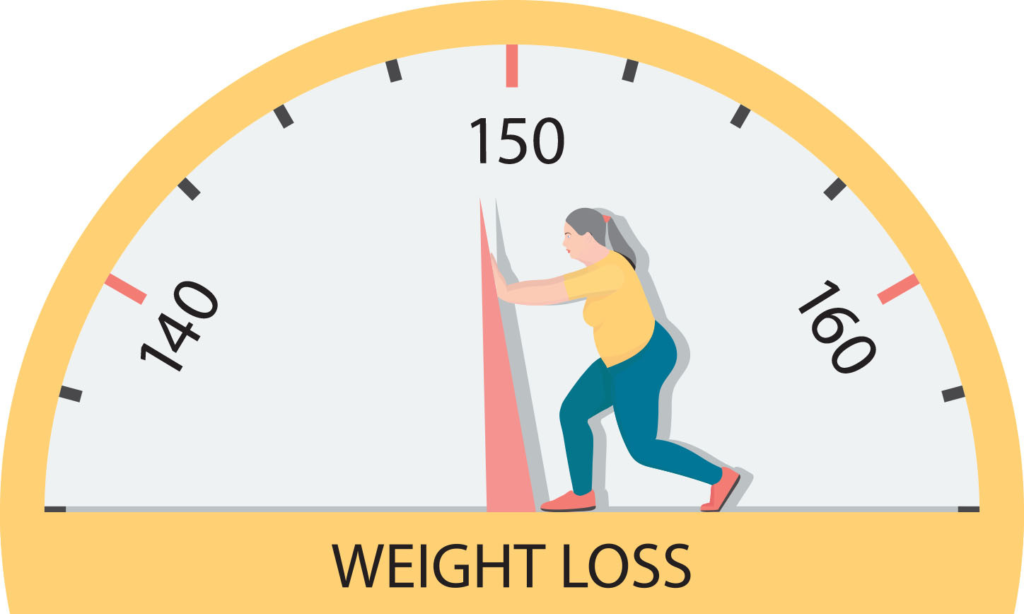Mythbusters: Is Artificial Sweetener healthier?
Statistically, the artificial sweetener industry is growing as many people are becoming diabetic and gaining weight. Many people have started cutting down sugar but they can’t get over their cravings and their habitual sweet tooth indulgence.
However, despite artificial sweeteners being an alternative to sugar, the fear around this item lingers. Is it safe? Does it cause cancer? Any long term effects? Is it addictive?
Hence, let’s discern research papers and science to understand, is artificial sweetener really worth the hype?

- Five artificial sweeteners; saccharin, acesulfame, aspartame, neotame, and sucralose and one natural sweetener, stevia has been approved for consumption.
- Use of artificial sweeteners reduces intake of added sugars in the diet. A reduce in added sugar results in a reduction of daily calorie intake.

- However, those who are happy consuming less sugar may actually increase consumption of other types of food thus increasing overall calorie intake and offsetting weight loss.

- Nevertheless, the manner in which the body responds to these artificial sweeteners varies. Frequent use of artificial sweeteners overstimulates sugar receptors. Over a long term, many may need to take foods with very high sugar levels to stimulate their taste receptors. Fruits and vegetables which are less sweet will become unappealing.

- Artificial sweeteners can be addictive. Participants in a study who drank more than 21 diet drinks per week were twice as likely to become overweight or obese as people who didn’t drink diet soda.

To conclude it all, artificial sweeteners function to reduce dependence on sugar and not as a total replacement for sugar. Do consume sugars and artificial sweeteners sparsely.
Consume more healthier whole foods like vegetables, fruits and protein.
Reference:
Artificial sweeteners: sugar-free, but at what cost? Harvard Health Publishing, Harvard Medical School.







